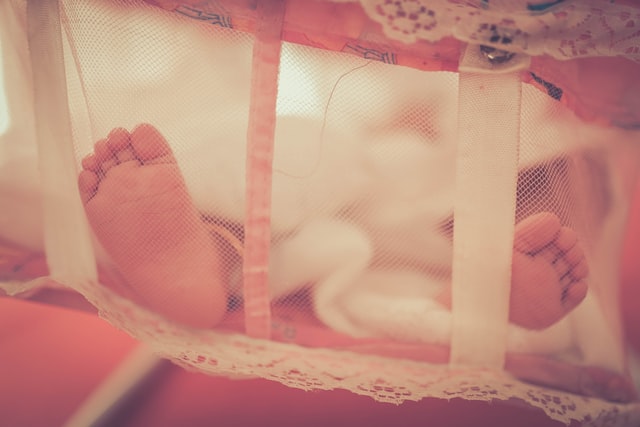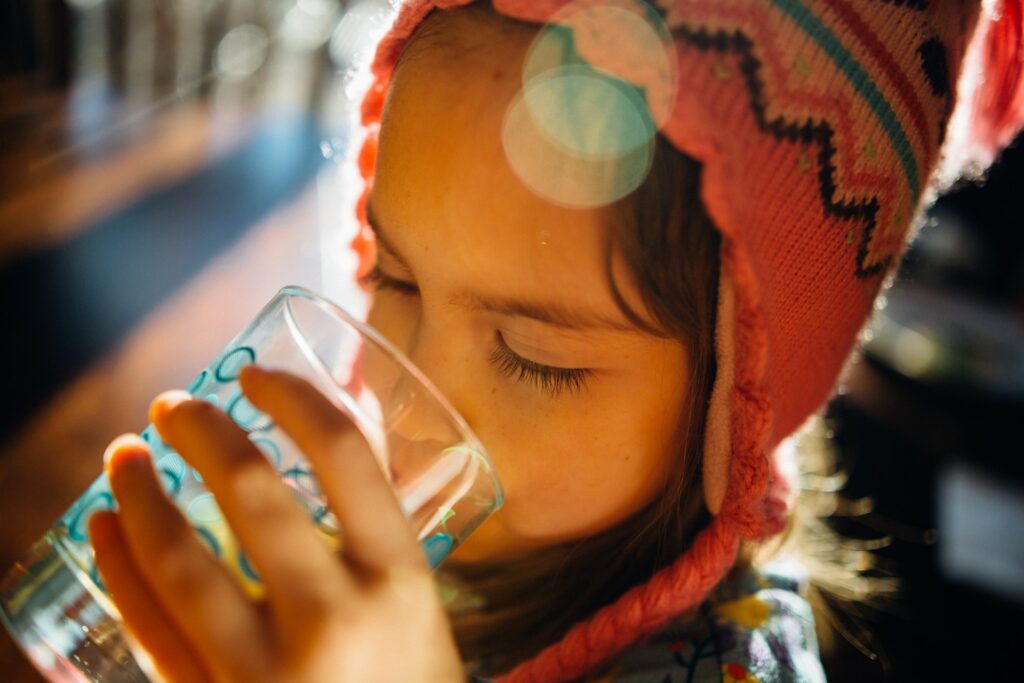Child's Health
9 Powerful Tips to Handle Your Child’s Bedwetting

Last Updated on December 19, 2025 by Joshua Isibor
Bedwetting can be seen as the loss of bladder control when sleeping. Over 50% of children experience bedwetting and research has shown that About 2% of adults experience bedwetting.
When a child wets the bed, it is annoying at times especially when he pees on the new chair you bought in your sitting room. The real deal here is that you want to help him outgrow it. Some kids stop bedwetting at a very early age while some may take time. Many families even experience their 10year old daughter still bedwetting.
Tips to Handle Your Child’s Bedwetting
1. Don’t blame.
Cleaning the bed oftentimes can be annoying when your child does it again and again. Whenever your child does this, don’t attack them or direct your ill feelings toward them. When you do that, it will make them feel anxious and bad about wetting the bed even though they didn’t do it on purpose. Not blaming them doesn’t mean you should praise them; the whole point here is to stop blaming them.
2. Provide Perspective
Your Perspective has to do with the way you see things. You can start by letting them know that bedwetting is a stage every child passes before becoming a full-grown adult, and also tell them that you also passed through that phase as a kid. When you do it this way, they will know that it is a problem and that they will surpass it with time.
3. Adopt using the Bathroom before going to bed
This method is very important, if you have 3 kids who are less than 12, you should make this a compulsory task before sleeping. Not doing this will increase the rate at which your child wets the bed. Using the bathroom helps to empty their bladder before going to sleep. If peradventure you forget to do this you can wake them sharply to pee.
You’ll discover that when you start adopting this method, the rate at which your child wets the bed will reduce. The only time the bed-wetting may increase is when they take lots of water before sleeping.
4. Try adopting a Bedwetting Alarm
The reason why so many kids wet the bed is because they haven’t started getting body alerts telling them that their bladders are full. If your child sleeps at 9 pm, you can set the bedwetting alarm at 1.00 am. When you start doing this, they would start getting used to it.
ALSO, READ 14 Tips for Raising Confident Kids
5. Always tell your child that you’d help them at night if they desire to pee.
Kids are always afraid of the dark, keeping them far away from you while sleeping may give them no choice but to pee on the bed. After cultivating the habit in point No 4, they may start waking you up at night saying …’ mom, I want to wee’.
6. Change how they Drink

Change how they drink water
Allowing your child to drink water all day is very important because it keeps them hydrated. Medically, If you drink water after eating, it practically takes 120minutes for the water to digest properly. The best way to tackle bedwetting is to encourage water intake more during the day so that at night they can take less water. Be disciplined in whatever you do.
7.No caffeine
Caffeine has been known to speed up the pee-making process. It is wise to keep the kids from taking drinks with caffeine content, iced tea, and cola.
8. Giving prizes.
This may sound funny to you. Giving prizes?? Giving an award for no peeing ?? this works if you have up to 3 kids who are young and still pee at night. You can make a deal with the 3 of them and say anyone who doesn’t pee for 1 or 2 weeks will be rewarded with ______. This would give them a sense of responsibility to become smarter than before. When you do this, they may start waking up at night to pee by themselves to win the prize.
9. Protect the mattress with a waterproof cover
Consider using waterproof if the bedwetting is getting out of hand…
NOTE: THIS TIP IS SUITABLE FOR 3YEARS
Relationship seeds Medical Reference
SOURCES:
National Kidney Foundation: “Questions kids ask.”
American Academy of Pediatrics: “Waking up dry: Helping your child overcome bedwetting.”
“Bedwetting.”
University of California San Francisco Benioff’s Children’s Hospital: “Bedwetting Treatment.”
American Academy of Family Physicians: “Enuresis (bed-wetting).”
Nemours Foundation: “Bedwetting (Nocturnal enuresis).”
National Institute of Diabetes and Digestive and Kidney Diseases, “Bedwetting.”
ALSO, READ CHILD PROTECTION- THE PERFECT HELP GUIDE
Originally posted 2021-01-25 15:41:31.

-

 Text Messages2 years ago
Text Messages2 years agoBEST LOVE CONFESSION MESSAGES FOR HER OR HIM
-

 Health4 months ago
Health4 months ago5 Unknown Ways To Maintain Skin Health
-

 Sex Education2 months ago
Sex Education2 months ago10 Simple Hack to Make a Girl Send Her Nudes
-

 Text Messages2 years ago
Text Messages2 years agoHappy Birthday Cousin, wishes and messages
-

 Text Messages2 years ago
Text Messages2 years agoHeart Touching RIP Uncle Quotes
-

 Uncategorized3 months ago
Uncategorized3 months agoHOW TO KISS A BOY FOR THE FIRST TIME
-

 Text Messages2 years ago
Text Messages2 years agoFreaky and Dirty Paragraphs For Him Copy And Paste Yahoo
-

 Text Messages2 years ago
Text Messages2 years agoBest Good Luck Wishes Before and After Surgery, for Family and Friends













